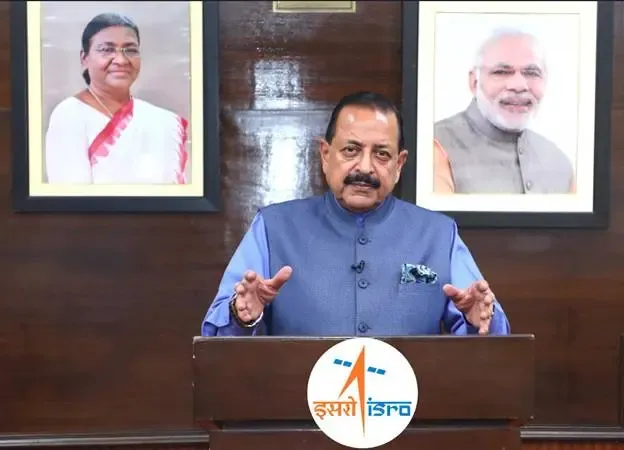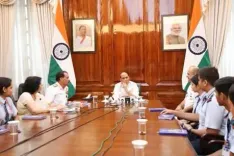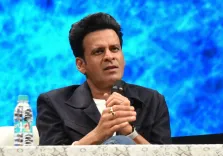How Can Space Technologies Serve Common Citizens?

Synopsis
Key Takeaways
- Space technologies are essential for enhancing everyday life.
- India's ambitious goals include a Bharatiya Space Station and lunar missions.
- Private participation in the space sector is being actively promoted.
- International collaboration is key to advancing space exploration.
- Skill development initiatives are vital for cultivating talent in the space domain.
New Delhi, Sep 8 (NationPress) The essential value of space lies in its everyday applications, enhancing various sectors and benefiting ordinary citizens, asserted Union Minister of State (Independent Charge) for Science and Technology Jitendra Singh on Monday.
During his virtual address at the opening session of the International Conference on Space 2025, Singh emphasized that the utilization of space technologies can revolutionize agriculture, healthcare, and education, while also bolstering governance and public service efficiency.
“The essential value of space lies in its practical uses in daily life -- from agriculture and healthcare to education, urban planning, and governance,” Singh remarked.
“Space must empower every sector and benefit the common citizen,” he insisted.
The Minister reiterated India’s vision of leveraging space for sustainability, equity, and global advancement.
“India’s space journey reflects perseverance and innovation. Let us dream together, innovate collectively, and build collaboratively -- turning space from a distant frontier into a shared horizon of unity and progress,” he stated.
He praised India’s successful space missions, including Chandrayaan-3, which positioned India among the top spacefaring nations by achieving the first landing near the lunar south pole; and recognized the achievements of Group Captain Shubhanshu Shukla, the first Indian Air Force officer to reach the International Space Station.
“India is embarking on a transformative phase in its space endeavors, with ambitious objectives such as a Bharatiya Space Station by 2035 and landing an Indian astronaut on the Moon by 2040,” Singh conveyed.
He also discussed India’s forthcoming exploration missions to Mars, Venus, and asteroids, as well as the human spaceflight program Gaganyaan.
Moreover, Singh highlighted the reforms initiated under Prime Minister Narendra Modi, which have opened the sector to private involvement, startups, and academia. Currently, over 300 startups are engaged in various areas including launch vehicles, satellites, and ground systems.
“This not only fosters innovation but also creates jobs, attracts investments, and provides opportunities for young professionals,” Singh noted.
The Minister also reaffirmed India’s commitment to international cooperation, citing recent collaborations like the joint NASA-ISRO Synthetic Aperture Radar (NISAR) mission with the United States and the upcoming Chandrayaan-5 lunar mission with Japan.
“Such partnerships illustrate how space can serve as a significant platform for global engagement,” Singh stated.
He emphasized that skill development is a vital component of India’s space strategy.
Through ISRO outreach initiatives, academic Centers of Excellence, and collaborations between industry and academia, “the country is cultivating talent in areas such as satellite design, propulsion, AI-driven solutions, and space law.”
The conference, hosted by the Confederation of Indian Industry (CII), has attracted over 500 delegates from India and around the globe, including government officials, academics, industry leaders, and startups.







